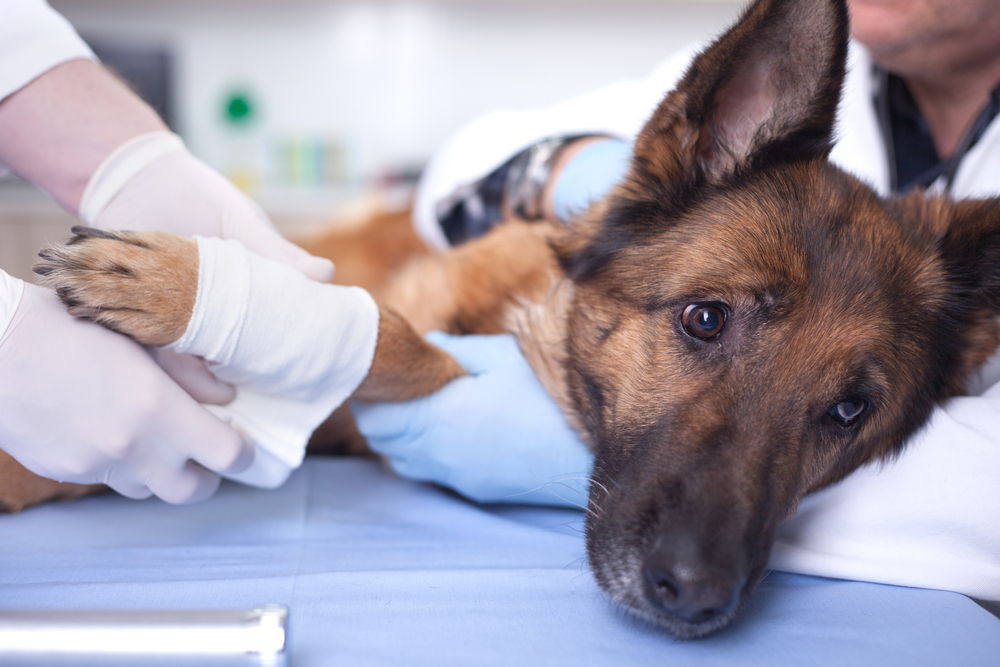
When it comes to our pets, emergencies can happen when we least expect them. In critical situations, surgery may be the best or only option to save your pet’s life. Knowing the most common emergency surgeries in pets can help you recognize when urgent veterinary care is needed and act quickly.
Foreign Body Removal
Dogs and cats are curious by nature, and sometimes they swallow objects they shouldn’t. Toys, bones, string, or even household items can become lodged in the stomach or intestines, leading to a dangerous obstruction. Emergency surgery is often required to remove the object before it causes life-threatening complications.
Gastric Dilatation-Volvulus (GDV or “Bloat”)
GDV occurs when a dog’s stomach fills with gas and twists on itself, cutting off blood flow. Large, deep-chested breeds are most at risk. This condition requires immediate surgical intervention to untwist and stabilize the stomach, as it can be fatal within hours if untreated.
Trauma Surgery
Accidents such as being hit by a car, falling, or animal bites can result in severe internal injuries, broken bones, or bleeding. Emergency surgery may be needed to repair damage and stabilize your pet.
Pyometra Surgery
Pyometra is a life-threatening infection of the uterus in unspayed female dogs and cats. It can cause toxins to enter the bloodstream and quickly lead to sepsis. Emergency surgery to remove the infected uterus (an ovariohysterectomy) is the only effective treatment.
Tumor or Mass Removal
Some tumors can rupture, bleed, or interfere with organ function, requiring urgent surgical removal. Quick action can prevent further complications and improve your pet’s quality of life.
Trusted Emergency Pet Surgery at Shore Pet Surgery
While no pet parent wants to face the reality of emergency surgery, being aware of the most common situations can help you act quickly and make informed decisions. Time is often critical, and seeking prompt veterinary care can make all the difference in your pet’s recovery.
At Shore Pet Surgery, our team is experienced in handling emergency situations with compassion and skill. If your pet is experiencing a medical emergency, contact us immediately for urgent surgical care. Visit our office in Grasonville, Maryland, or call (410) 827-6464 for further guidance.






